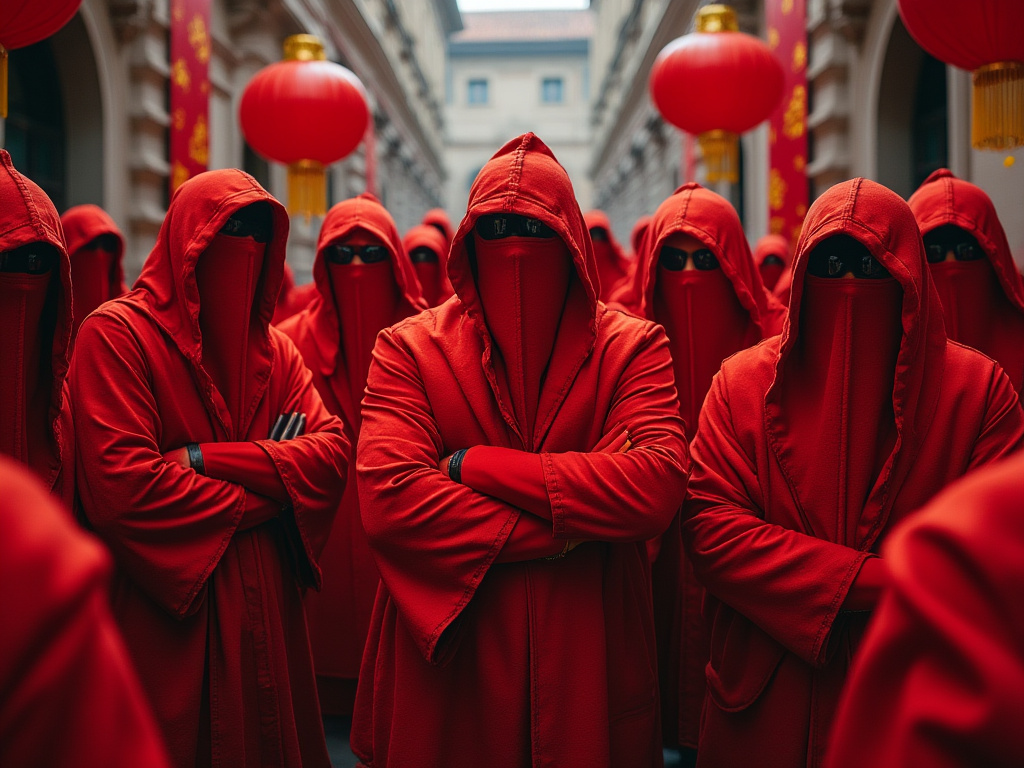Italy
Florence: Chinese Mafia is pervasive in Tuscany

In Florence, the Italian Mafia was not enough; they needed to import some exotic organized criminal group from abroad. Among foreign-based groups, that of the Chinese mafia is certainly the most “pervasive” and insidious macro-phenomenon in Florence but especially in the Prato area, a city where the Chinese community is huge. Prato is a Florence suburb known for its industrial activity.
The Anti-Mafia Investigative Directorate’s semi-annual report, which the Ministry of the Interior submits to Parliament, lists, case by case, the most notable Italian and foreign criminal cases.
The center of Tuscany is thus confirmed as a breeding ground for Asian crime. But there is a datum in the datum that jumps out at you. Because our region, together with Lombardy, is the region with the highest density of Chinese citizens. And in addition to those regularly counted, there is “a quota—not ponderable if not presumptively—of irregular subjects, whose number can be estimated only on the basis of the frequent interventions of the Police Force in the territory inside the garment workshops, where they work, day and night, illegal immigrants, often employed in conditions of slavery.”
In short, how many Chinese are in our cities we cannot know precisely. And of concern, according to Dia, is the phenomenon of “ghost” presences . “The developments of such accesses,” the report points out, ”also allow the emergence of illegal activities in the fiscal sphere with cases of false invoicing.
The “connotations of dangerousness” of the Chinese mafia are mainly related to “the use and exploitation of illegal labor, smuggling of products, counterfeiting of trademarks, product safety and violations of Made in Italy, the illicit use of money transfers, as well as money laundering and reuse of capital.”
“In this context, there has been no shortage, over time, of cases of connivance between Italian and Chinese subjects,” the DIa further points out. “More precisely,” the report explains, ”reference is made to illicit conduct carried out between accountants, bookkeepers and Italian entrepreneurs who lend themselves for fictitious hiring or renting industrial sheds to Chinese subjects operating in illegality. In this regard, it is noteworthy how the revenues of many illegal economic realities are evaded from the tax authorities through the proven systems of ‘open and close’ VAT numbers and the use of front men.”
The report also notes how “resident Chinese crime in Tuscany has also demonstrated a marked ability in the management and control of the traffic of goods by road. This evidence was confirmed just in the semester by the ‘China Truck’ investigation, concluded in January by the Florence and Prato State Police, with the arrest of 33 Chinese nationals. The association had, in fact, acquired a monopoly, throughout Europe, of the road traffic of goods from Chinese companies. A hegemony in the field of logistics that was, among other things, fed with the proceeds of criminal activities typical of the Chinese underworld.”






